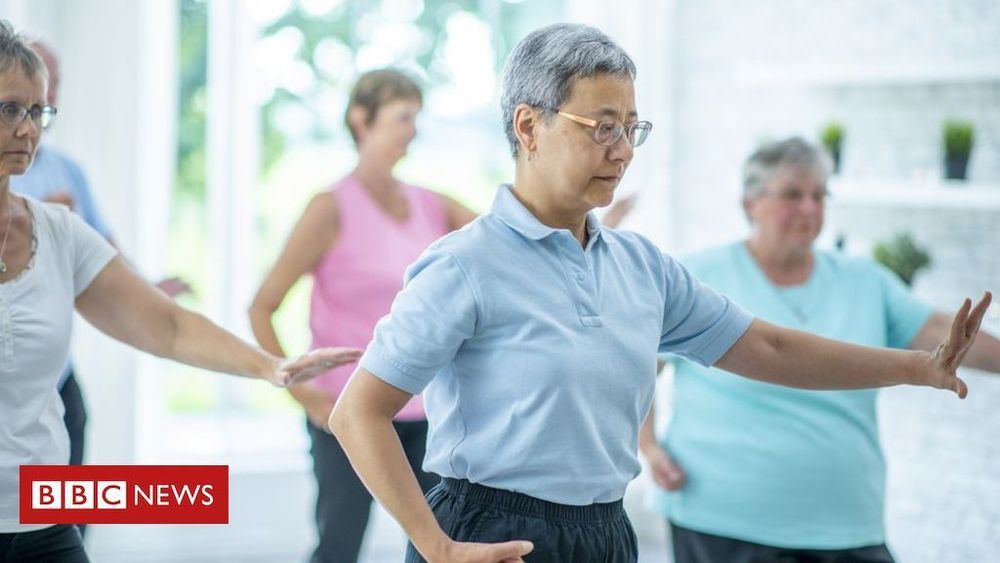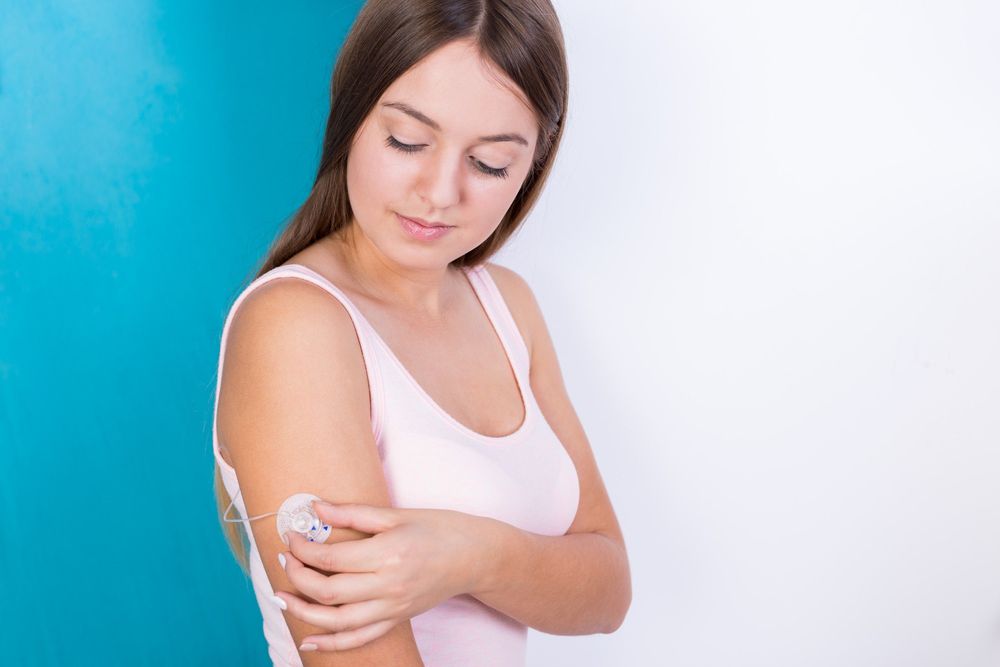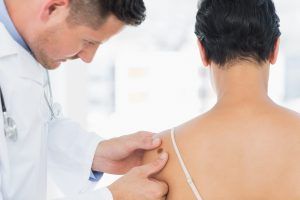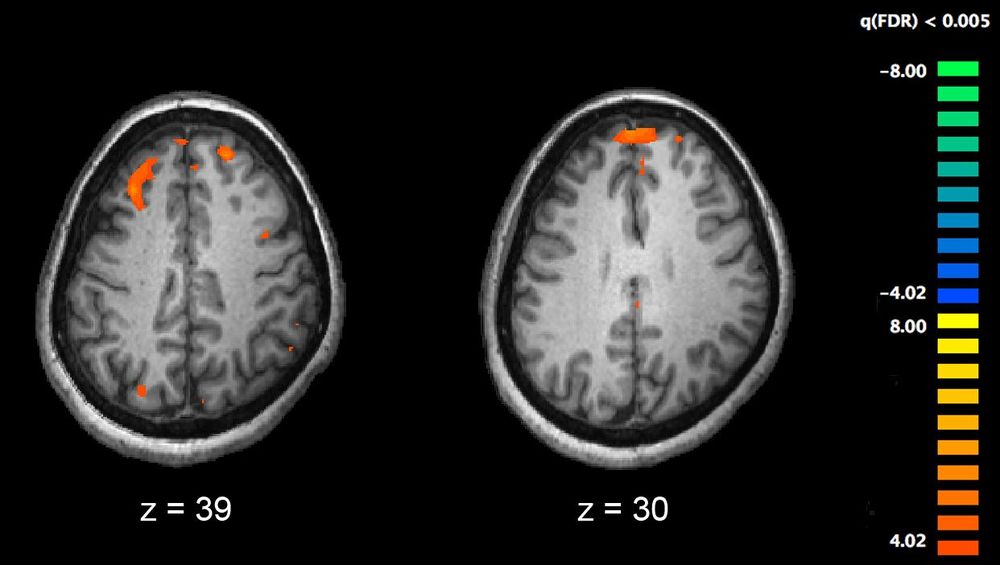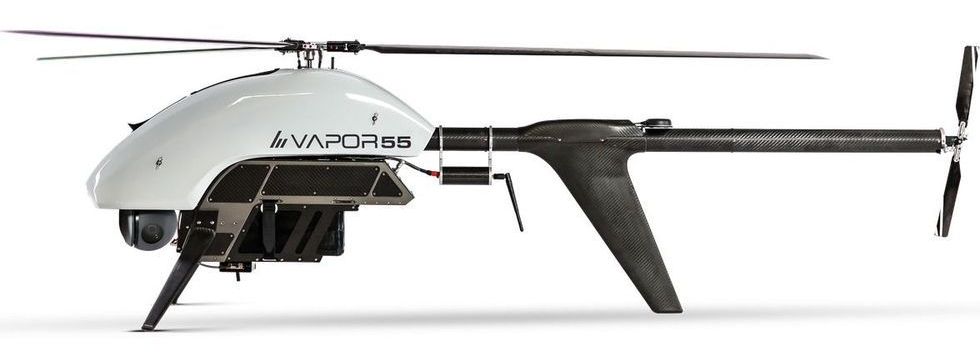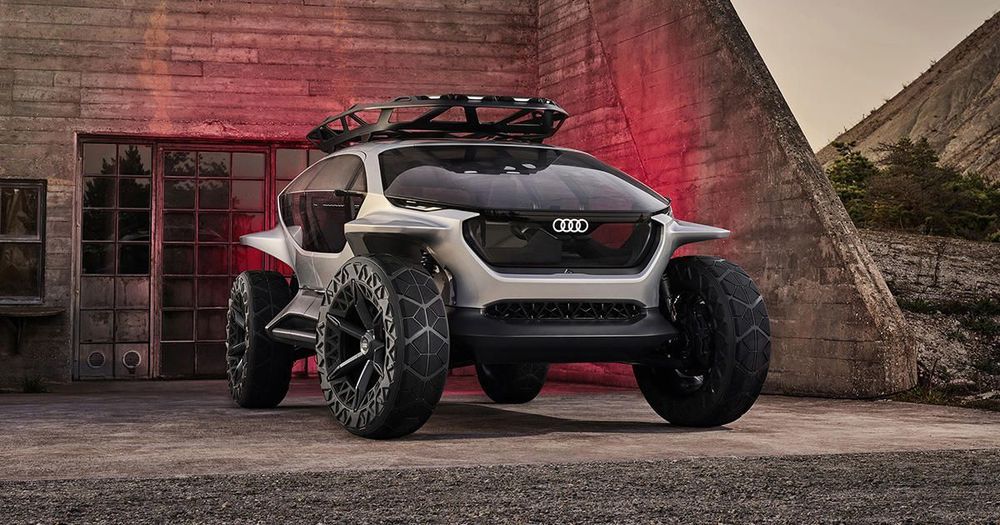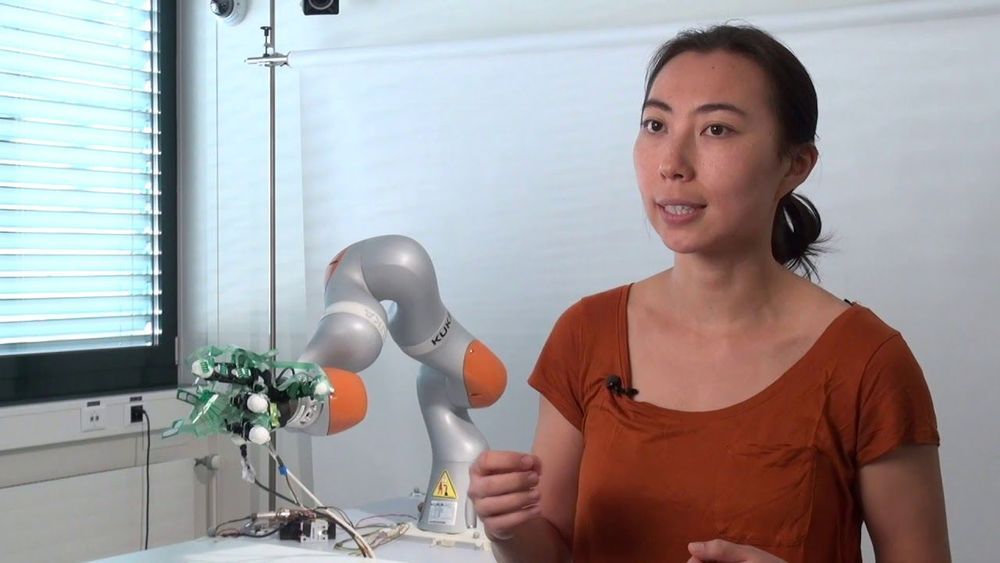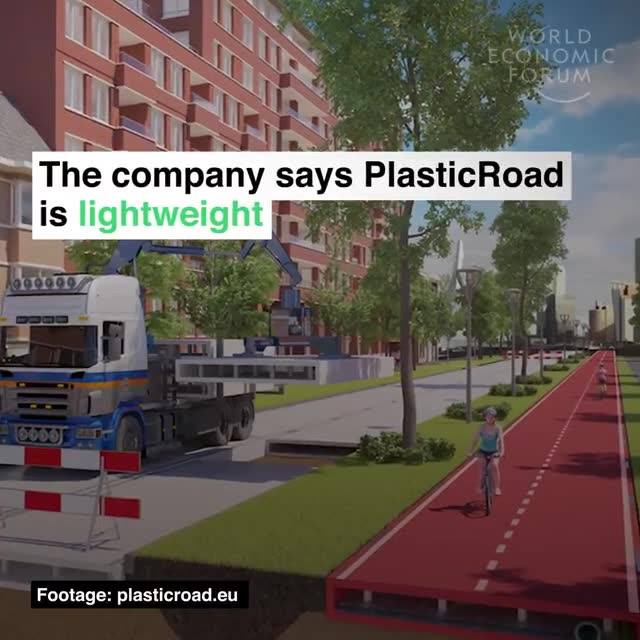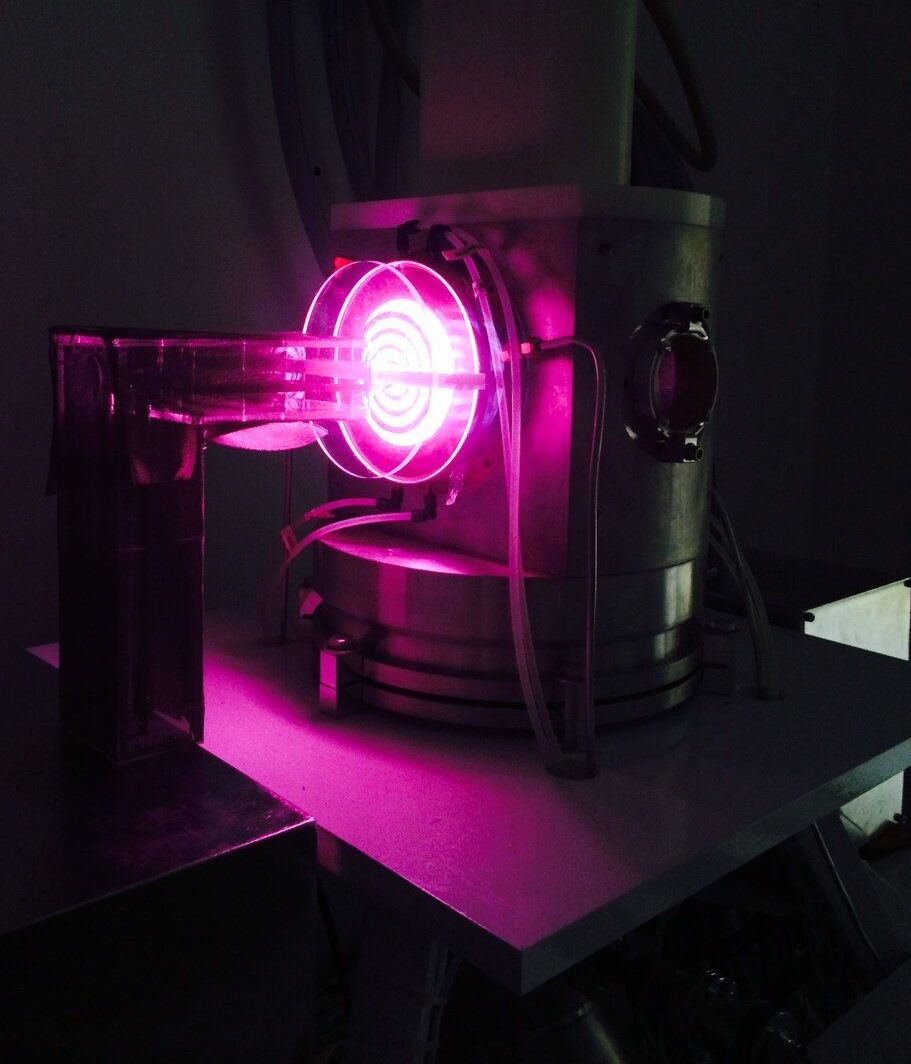
In an underground vault enclosed by six-foot concrete walls and accessed by a rolling, 25-ton concrete-and-steel door, University of California, Berkeley, students are making neutrons dance to a new tune: one better suited to producing isotopes required for geological dating, police forensics, hospital diagnosis and treatment.
Dating and forensics rely on a spray of neutrons to convert atoms to radioactive isotopes, which betray the chemical composition of a substance, helping to trace a gun or reveal the age of a rock, for example. Hospitals use isotopes produced by neutron irradiation to kill tumors or pinpoint diseases like cancer in the body.
For these applications, however, only nuclear reactors can produce a strong enough spray of neutrons, and there are only two such reactors west of the Mississippi.
